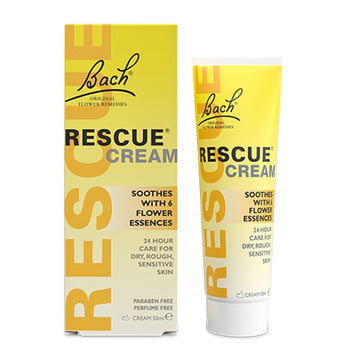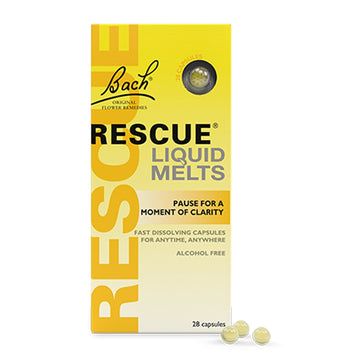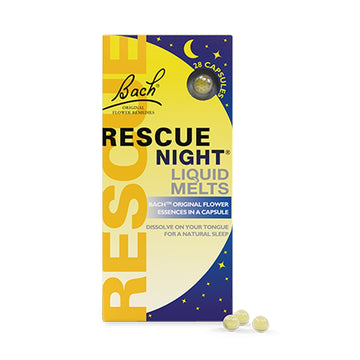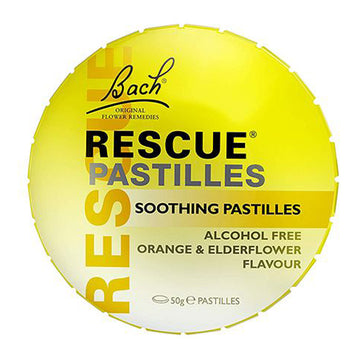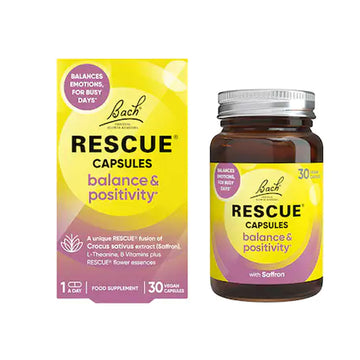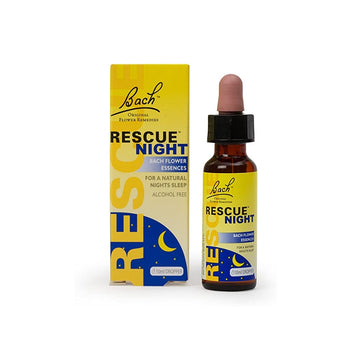We all know that staying positive during challenging times can help us in the long run, but that’s often much easier said than done!
When emotions run high, our minds can easily go into a ‘fight or flight’ mode, thus losing the ability to stay calm, take back control and make decisions with a clear head. In addition, emotions can be difficult to understand – it’s not always about feeling ‘sad’ or ‘angry’ or ‘stressed’. Sometimes all our emotions become muddled up, leaving us feeling confused and stuck in a rut.
Periods of greater tension and stress are regrettably a part of everyone’s life at some point – we wouldn’t be able to appreciate the positives or feel balanced in our emotions without them. Looking after your emotional wellbeing and staying calm and centred isn’t about completely eradicating the muddled-up emotions - but rather, it’s about finding the ways for you to stay positive and nurturing the right skills and resources to be able to manage life’s ups and downs.
Yoga
It goes without saying that regular exercise is good for you – it actually releases serotonin, known as ‘the happy hormone’. However, moving your body doesn’t mean you have to go all out on the treadmill 6 days a week. Varying your routine by trying things like pilates, yoga, walking, stretching and swimming can help keep things interesting and fun. Listening to self-help podcasts or audiobooks while working out is also a great way to improve your mood. With time, you might find that exercise is the perfect way to let go of emotions and clear your head.
Yoga is often cited as a great remedy for those experiencing times of emotional stress - it is also particularly beneficial for tackling muscle tension. There are tonnes of yoga tutorials available for free online nowadays. If you’re short on time and in need of a quick check in with your emotional wellbeing, why not try a routine aimed at tension relief or for a longer term solution, why not try a 30-day yoga challenge to manage stress? Doing it regularly could be a brilliant way to find inner peace.
Mindfulness
Mindfulness is another buzzword we’ve all been hearing over the last few years. Mindfulness simply means paying attention, having an awareness to the present moment: your thoughts, feelings, everything around you. It can help us understand ourselves and our emotions better and stop us feeling out of sorts, and thus help in keeping a positive mindset. It’s a way to connect the body and mind, so we can rebalance our physical and emotional wellbeing. Try mindfully doing your everyday tasks if you’re interested in giving it a go, like brushing your teeth or making a coffee. Completely focus on the task in front of you and you might find they become relaxation activities. It can take some practice to be good at mindfulness, so don’t worry if you find it difficult to start with.
Learning to meditate is like learning any other skill, but this skill is all about getting a healthy sense of perspective on the hustle and bustle of life. Meditation isn’t about turning off your thoughts or feelings. Rather, that you observe them and start to understand them better. Meditation can seem intimidating at first, but it doesn’t have to be hours of silence spent examining our innermost thoughts. You can start with as little as one minute. And don’t worry; it’s not something you have to figure out on your own. There are many apps – like Headspace – that will walk you through a guided meditation.
Sleep
During particularly stressful parts of life, it can be all too hard to “switch off” at the end of the day. You can often find yourself still running through all the things that need to be done during the evening at home. Technology has a large part to play in this, from permanently checking-in to emails; taking work calls out of hours, and updating your social media status, chances are you’re experiencing ‘smartphone overload’. Stress and sleeplessness are a growing epidemic, driven by 24/7 connected lives and balancing life’s increasing pressures, and a study by RESCUE Remedy® has shown it affects 73% of people at least once a week globally.1 Repetitive thoughts, restlessness and vivid or disturbing dreams are all signs of stress. Stress and sleeplessness are also a vicious cycle – the more stressed you feel, the less you sleep and the less you sleep, the more stressed you might feel the next day.
If you’re feeling particularly tense or are struggling to cope with something, try these exercises from The Stress Management Society to help settle your mind and your breathing before you fall asleep:
- With a deep breath in, raise the shoulders towards the ears and hold them raised for a few seconds (you will be able to feel the tensions that may be accumulating in the shoulders), now take a long slow breath out and drop the shoulders down. Repeat this several times.
- Place the fingers of both hands at the base of your skull; apply slow circular pressures from the base of the skull to the base of the neck.
- Now close your eyes and relax the muscle of the face. Be aware of your eye muscles, your jaw and your forehead. Place the fingers of both hands on each side of the temples and slowly massage in a circular motion. Repeat several times.
- Finish by cupping your hands over your eyes and holding for several seconds. This helps to release tension and tightness in the face.
Are you looking for more ways to help manage stress? Read our blog 'How to Manage Stress with a Healthy Diet'.



